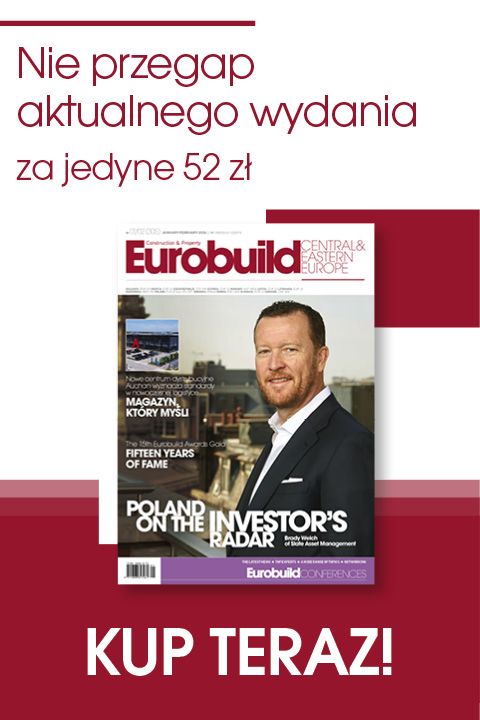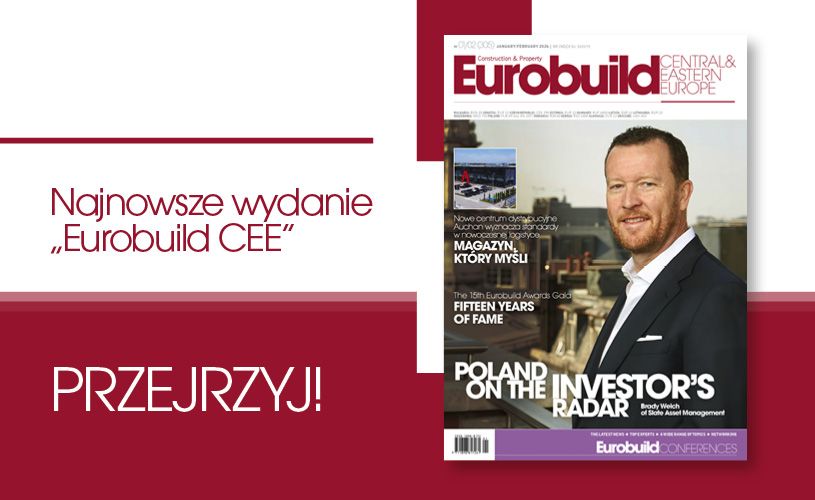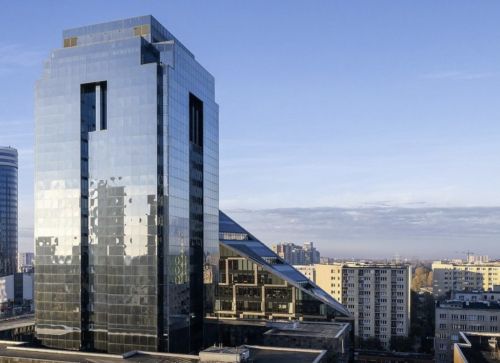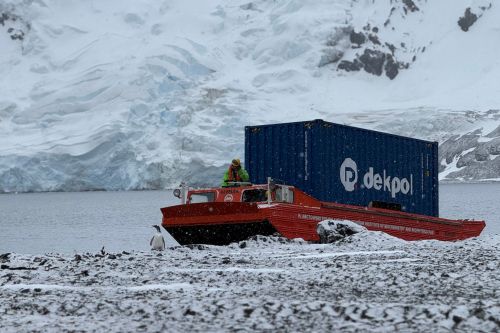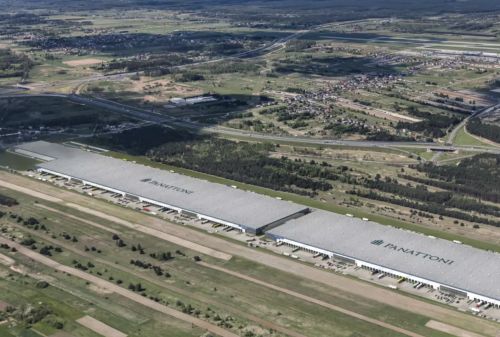‘Eurobuild Central & Eastern Europe’: Which players, this year, were the most active in terms of investment on the Polish industrial and logistics market?. Where has the capital been flowing in from – and what is the totalvalue of the warehousing that has changed owners since the beginning of the year? How do investment values and yields in Poland compare to other countries in the region?
Soren Rodian Olsen, partner, capital markets group, Cushman & Wakefield: This year has been quiet in terms of industrial investment transactions, all the way up to CIC’s acquisition from Blackstone of the Logicor platform, which includes 28 assets in Poland. This transaction has yet to be closed; however, it will define the year’s industrial investment transactions in Poland, accounting for app. EUR 600 mln, and in spite of being a pan-European platform deal, it is also the largest ever real estate transaction in Poland by a Chinese investor. For the remainder





























